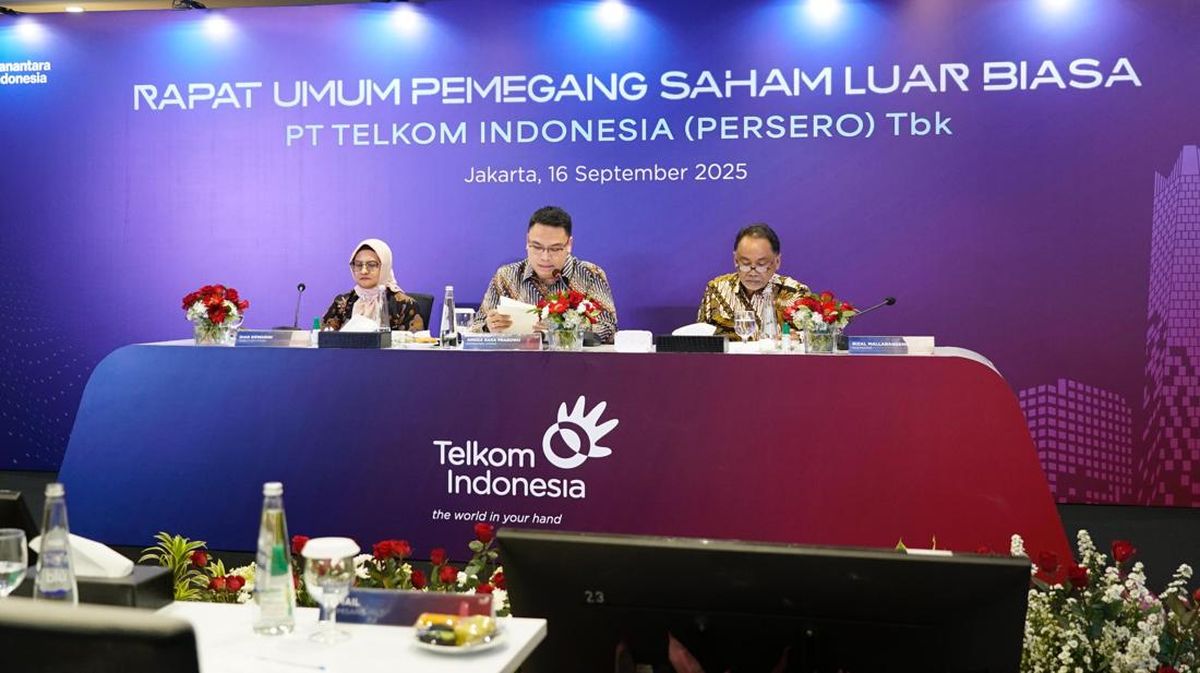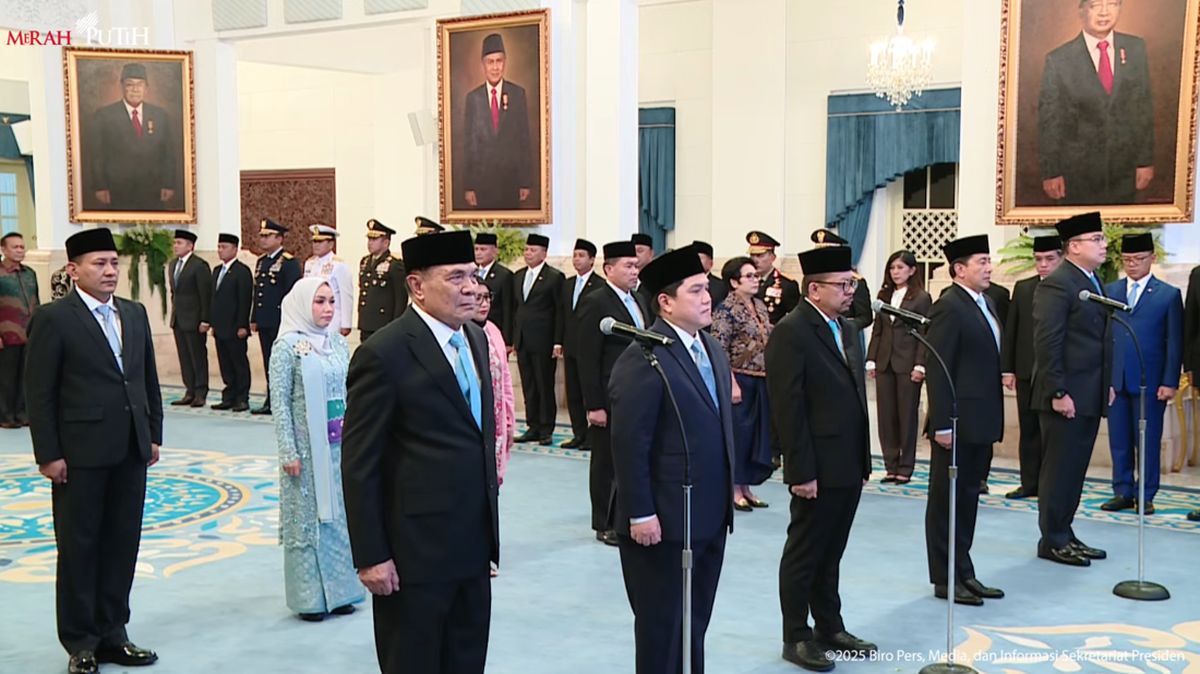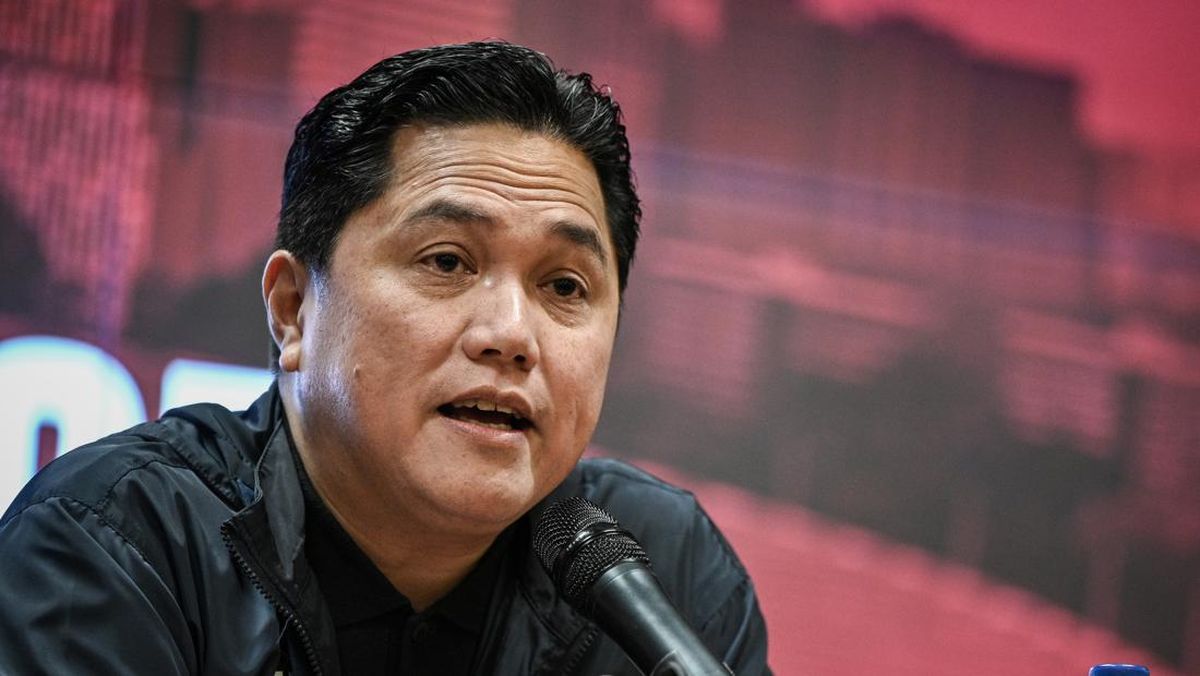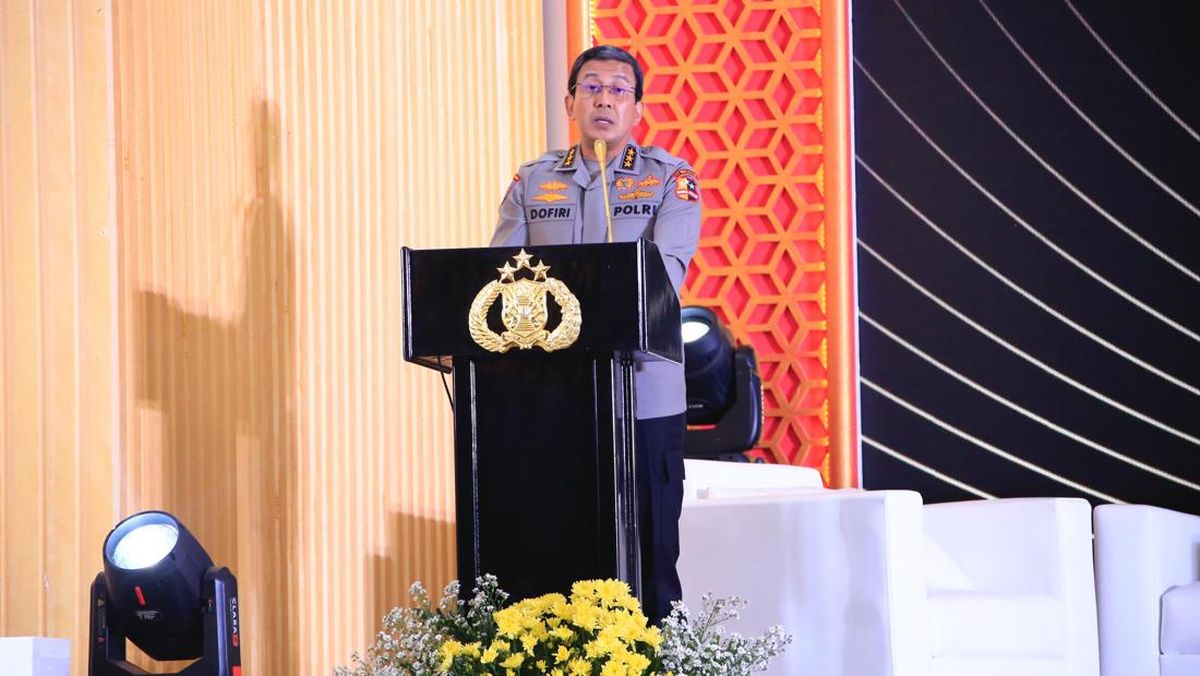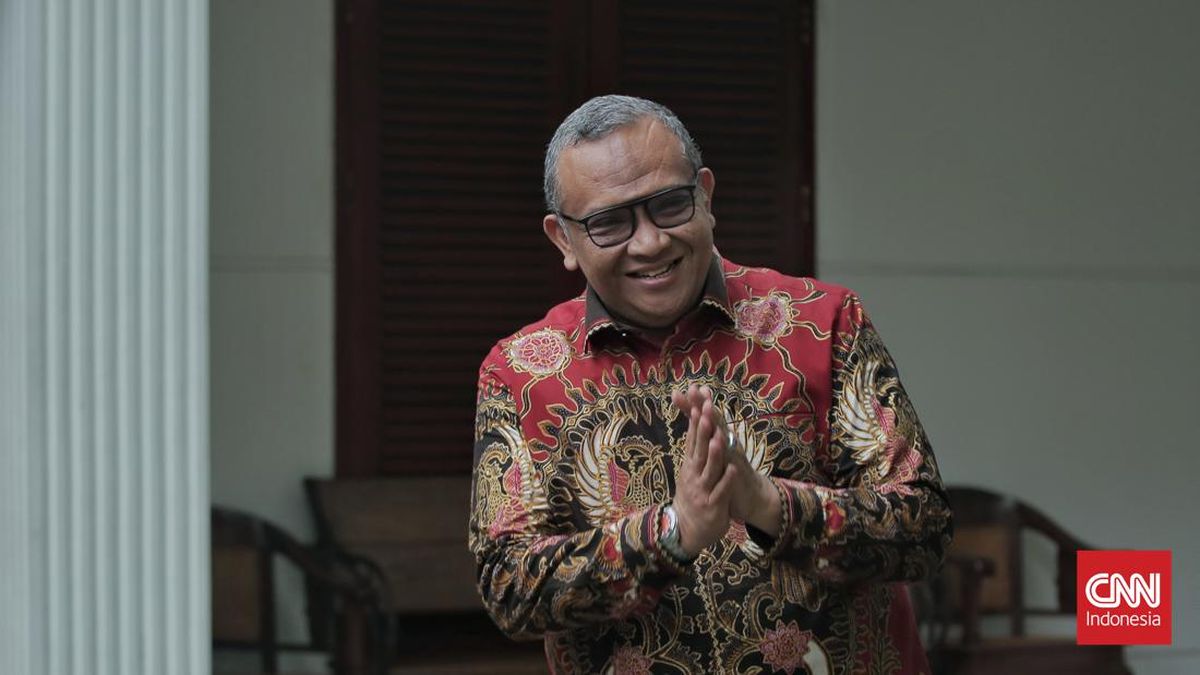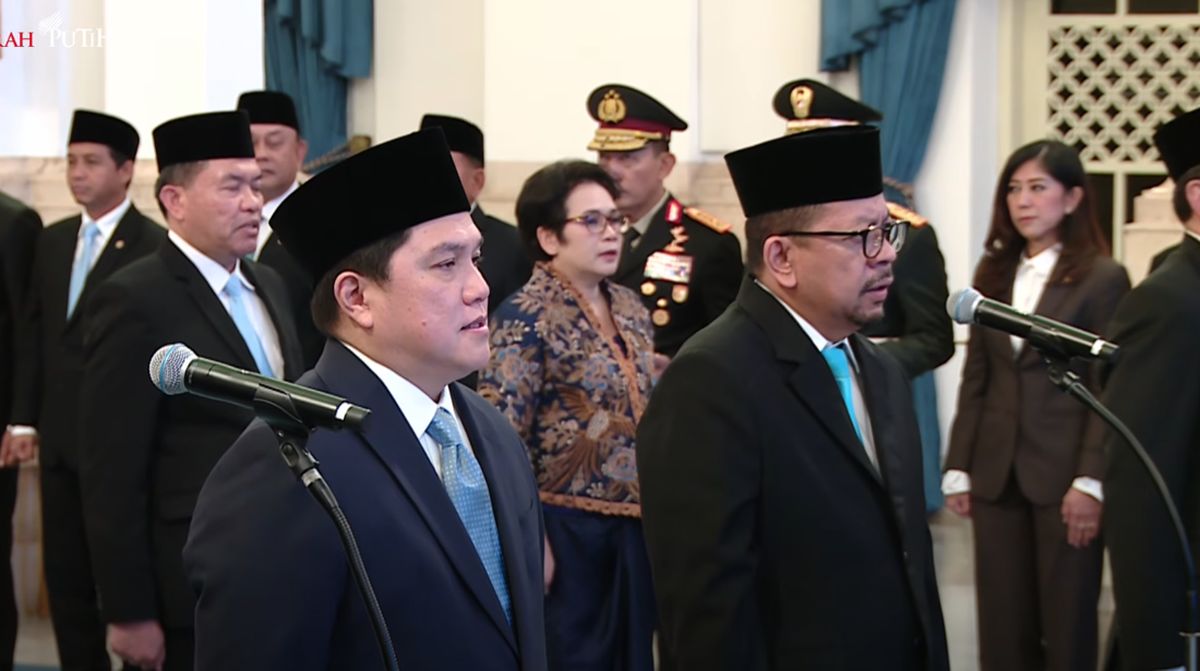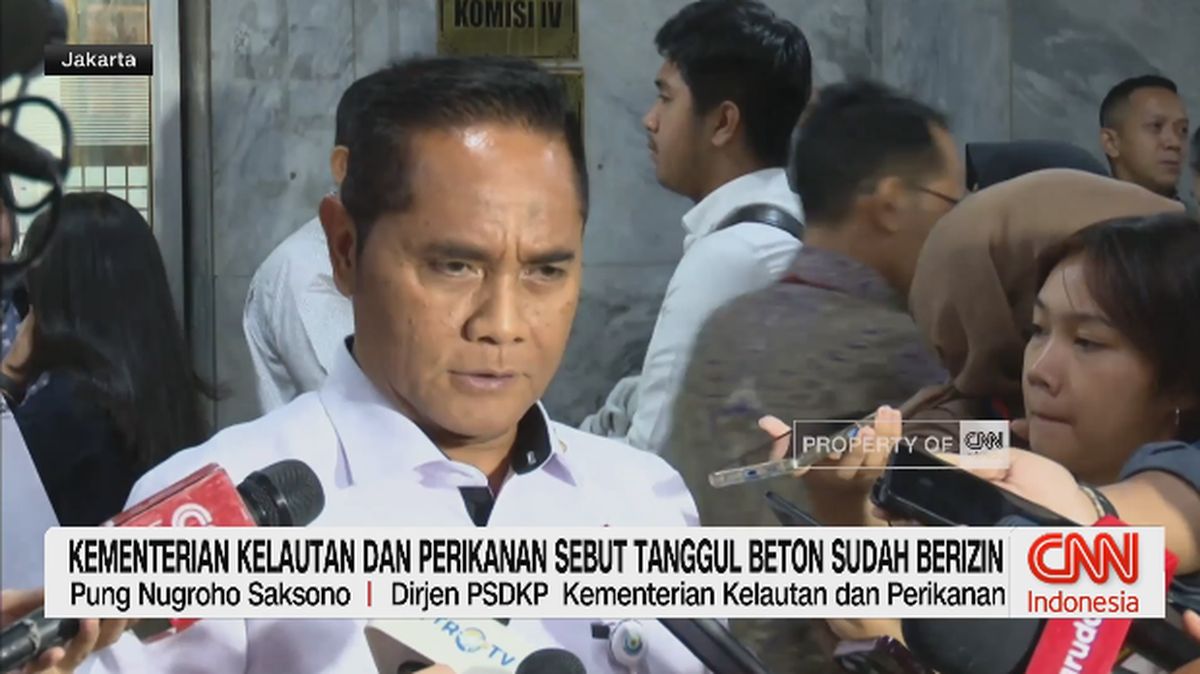Patients in emergency departments with cannabis-induced psychosis, consults lasting less than a minute and doctors who have issued more than 10,000 scripts in six months are among the cases that have prompted Australia’s alarmed healthcare watchdog to announce clearer guidelines for the booming medicinal cannabis industry.
The Australian Health Practitioner Regulation Agency (AHPRA) on Wednesday released guidance for doctors prescribing medicinal cannabis products amid what it described as poor prescribing practice and surging patient demand.

Concerns about the way some doctors are prescribing medicinal cannabis have prompted AHPRA to announce new guidelines.Credit: Marija Ercegovac
The watchdog has been alarmed by the emergence of “vertically integrated” telehealth clinics which both prescribe and dispense cannabis products and account for the vast majority of an estimated $500 million worth of sales each year.
Chief executive Jason Untersteiner said the regulator would crack down on some practitioners with high rates of prescribing, including eight people who had issued more than 10,000 scripts in six months, and one who has prescribed cannabis products more than 17,000 times.
“Some business models that have emerged in this area rely on prescribing a single product or class of drug and use online questionnaires that coach patients to say ‘the right thing’ to justify prescribing medicinal cannabis,” Untersteiner said. “This raises the very real concern that some practitioners may be putting profits over patient safety.”
This masthead last year uncovered revelations one GP wrote an average of one script every five minutes, while others at major telehealth player Montu saw an average of eight patients an hour.
Loading
In Australia, GPs and qualified nurse practitioners can prescribe medicinal cannabis under a special access scheme set up after cannabis was legalised for medical use in 2016.
Under the guidelines, GPs and nurses must only prescribe cannabis products after they have identified a therapeutic need, conducted a thorough assessment of their medical history and other medicines, and developed an exit strategy from the beginning.
“Nurses and other registered practitioners must provide holistic care in all areas of their practice,” said Adjunct Professor Veronica Casey, chair of the Nursing and Midwifery Board of Australia.
“They must take their professional responsibilities with them, no matter where they work.”
Professor Nick Lintzeris, an addiction medicine specialist at the University of Sydney, said the guidelines were “broadly sensible”.
“It’s very much a high order looking at the issues around how doctors and nurses organise their practice, and it addresses the responsibilities they have as healthcare practitioners,” he said.
The cases that have alarmed the watchdog include:
- Individual prescribers (GPs or nurse practitioners) who have each issued more than 10,000 prescriptions for medicinal cannabis products in six months
- Appointments lasting as little as a few seconds, “making a proper assessment impossible”
- Failing to assess a patient’s mental health or history of substance use disorders before prescribing, “leading to serious adverse outcomes such as psychotic episodes requiring inpatient admission as a result”
- Failure to check the identity of a patient, including for people under 18 years old
- Only prescribing products supplied by the company linked to the person prescribing, in what AHPRA said was a “conflict of interest”
- Prescribing “because the patient requested it”
More than a million people have been prescribed medicinal cannabis, according to data collected by the Therapeutic Goods Administration (TGA).
Loading
The TGA has increasingly used strict laws around the advertising of medicinal cannabis products to bring legal action against telehealth giant Montu and, most recently, online publisher Mamamia.
The regulator has approved only two cannabis products to treat specific conditions.
All other medicinal cannabis products are prescribed off-label as “unapproved” medicines, meaning they have not been assessed by the TGA for efficacy, quality or safety.
Most Viewed in National
Loading

